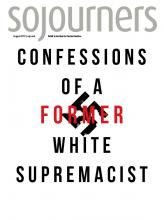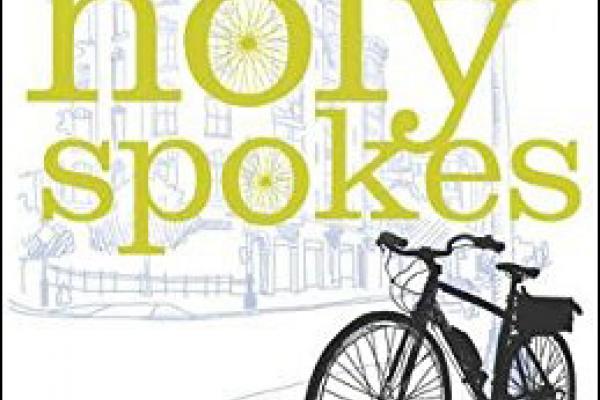I LEARNED HOW to bike relatively late in life. I was 23, and it cut my commute in half. Since I’d been walking an hour each way for a night shift that started at 11 p.m., that meant a lot. My guru was an elder from my local church who lived across the alley. He taught me how to change a tire, gears, and my life. He showed me hospitality by teaching me about my bike, but it extended much further than that.
UCC minister Laura Everett does much the same thing in Holy Spokes . She uses the metaphor of a bike as a lens to discuss the broader issues of how to relate to people, the Earth, and God: Mostly how, to use Brother Lawrence’s term, to practice the presence of God.
Read the Full Article

